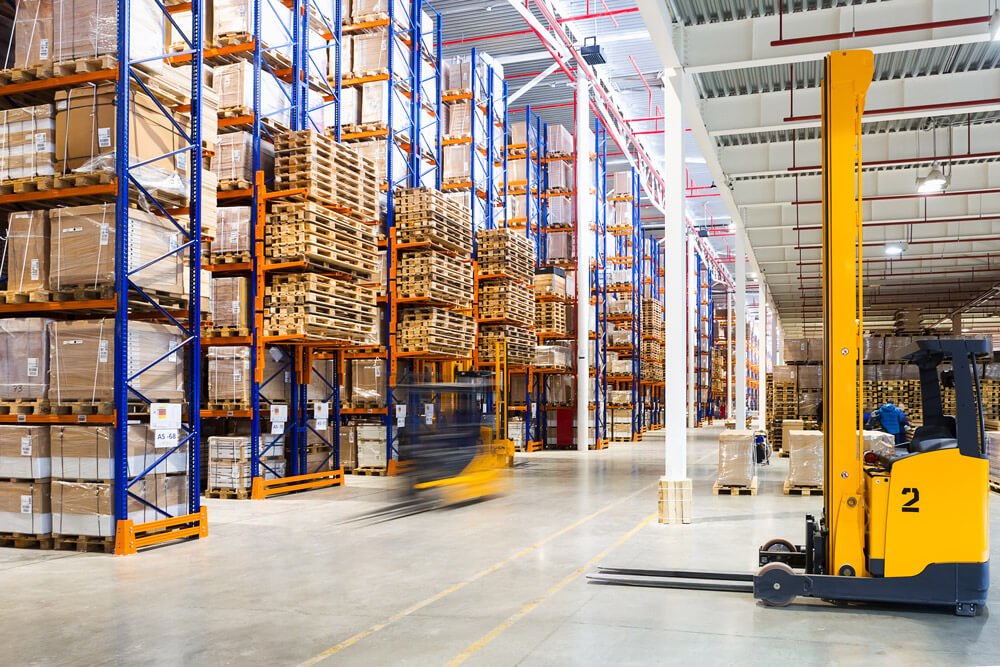What U.S. Exporters Must Know About Bangladesh’s New Bonded Warehousing Policy
Bangladesh recently introduced a revamped bonded warehousing policy designed to streamline its export ecosystem. For U.S. exporters eyeing Bangladesh’s fast-growing market or planning regional distribution through South Asia, this policy offers compelling opportunities—but also complexities. Navigating this new framework effectively means understanding its implications on logistics, tax benefits, and compliance. Working with an experienced bestsourcing agent Bangladesh can help you capitalize on these changes while mitigating risks.
Understanding Bonded Warehousing in Bangladesh
Bonded warehouses are secured storage zones where imported goods can be held without paying duties or value-added tax (VAT) until they’re released into the local market or re-exported. Recent updates to Bangladesh’s policy focus on:
-
Extended storage timelines (up to 5 years)
-
Simplified documentation
-
Integration with special economic zones (SEZs)
-
Reduced customs inspection cycles
For U.S. exporters shipping machinery, spare parts, electronics, or consumer products, these changes can drastically lower up-front cost burdens, improve cash flow, and enhance supply chain flexibility.
Why This Matters to U.S. Exporters
1. Cost and Cash Flow Optimization
Instead of paying duties immediately upon arrival, importers and downstream suppliers can defer payment until the goods are needed for production or retail. That significantly reduces initial cash outflows.
A competent bestsourcing agent Asia ensures you understand which parts or products qualify, and helps you avoid unexpected financial bottlenecks by mapping inventory timelines to policy conditions.
2. Improved Supply Chain Agility
Having bonded inventory closer to manufacturing sites or retail hubs enables just-in-time production and distribution. This agility is crucial for industries like apparel, electronics, automotive parts, or pharmaceuticals—where lead-time efficiency directly impacts competitiveness.
Agents familiar with bonded warehouse regulations can help manage lead times, monitor expiration deadlines, and coordinate duty release in sync with your supply chain cycles.
3. Strategic Regional Hub Potential
Bangladesh’s location makes it an ideal hub for exporting to Nepal, India’s Northeast, Myanmar, and even Sri Lanka. With goods moved through bonded warehouses, re-export becomes more strategic, cost-effective, and tariff-optimized.
A bestsourcing agent Bangladesh can guide you on routing opportunities, local transit permissions, and compliance across multiple jurisdictions.
Key Features of the New Policy
| Feature | What It Means for Exporters |
|---|---|
| Extended storage duration | Hold inventory (up to five years), enabling better planning and reduced inventory pressure |
| Fewer inspections | Faster customs processes mean quicker release times, especially critical for seasonal goods |
| Automated documentation | Integration with ASYCUDA and SEZ systems promotes paperless transitions |
| Local processing allowed | Goods can be processed or assembled inside bonded zones, which accelerates value-add workflows |
| Re-export incentives | Exemptions from duties when goods are shipped to third countries |
Compliance Challenges to Be Aware Of
-
Strict Record-Keeping: The policy requires precise invoicing, warehouse register maintenance, and integrated shipments tracking.
-
Processing Limits: Only licensed factories or SEZ units can perform value-added activities within bonded zones.
-
Periodic Audits: Agents and cargo movements are subject to random spot checks and audits by customs authorities.
-
Re-export Standards: Goods must have maintained condition, clear documentation, and meet certification or labeling requirements for re-export.
Navigating these demands without local knowledge can be daunting—making the expertise of a bestsourcing agent Asia invaluable. They help ensure proper documentation, regular internal audits, and compliance with evolving regulations.
Case Scenario: Consumer Electronics Brand
A U.S.-based electronics brand wanted to set up an assembly line near Dhaka. Their components would be imported duty-free, assembled locally, and sold within Bangladesh or exported to South Asia.
Through a bonded warehouse, the importer deferred duties until final sale. If products were exported, no duty was paid. A sourcing agent arranged warehouse registration, coordinated customs filings, and verified local assembly compliance. They also liaised with local banks to secure duty bond facilities linked to bonded inventory.
This setup allowed the brand to maintain operational agility and price competitiveness without large upfront tax investments.
How a Sourcing Agent Makes the Difference
-
Facility Matching: Identifying warehouses authorized for your product category
-
License Facilitation: Assisting with the expedited processing of bonded license applications
-
Policy Translation: Explaining inland transit rules, duty release procedures, and bonded expiry conditions
-
Customs Liaison: Managing customs queries, easing inspection risk, and assisting with documentation
-
Inventory Tracking: Providing digital status reports for goods in/out of the warehouse
-
Value-Add Support: Coordinating downstream processing permits under the bonded framework
A well-equipped bestsourcing agent Bangladesh streamlines every step—from setup through execution—while ensuring smooth policy compliance.
Businesses That Benefit the Most
-
Manufacturers requiring parts and components for assembly or processing
-
Consumer goods companies seeking local discounting or regional distribution
-
Technology firms with repair parts or devices requiring flexible storage
-
Pharma and food exporters requiring safe, regulated storage before re-export
For these industries, bonded warehousing in Bangladesh offers a new palette of sourcing and distribution strategies—ones optimized for capital efficiency and supply chain resilience.
Final Thoughts
Bangladesh’s updated bonded warehousing policy marks a turning point in Southeast Asian logistics and sourcing. For U.S. exporters, it signifies a chance to rethink how to manage inventory, improve cash flow, and orchestrate regional market entry. But capitalizing on these gains requires accurate knowledge and localized support.
Engaging a bestsourcing agent Asia ensures you partner with professionals who understand policy nuances, compliance procedures, and local workflows. With the right agent by your side, bonded warehousing moves from theoretical advantage into a strategic reality.
